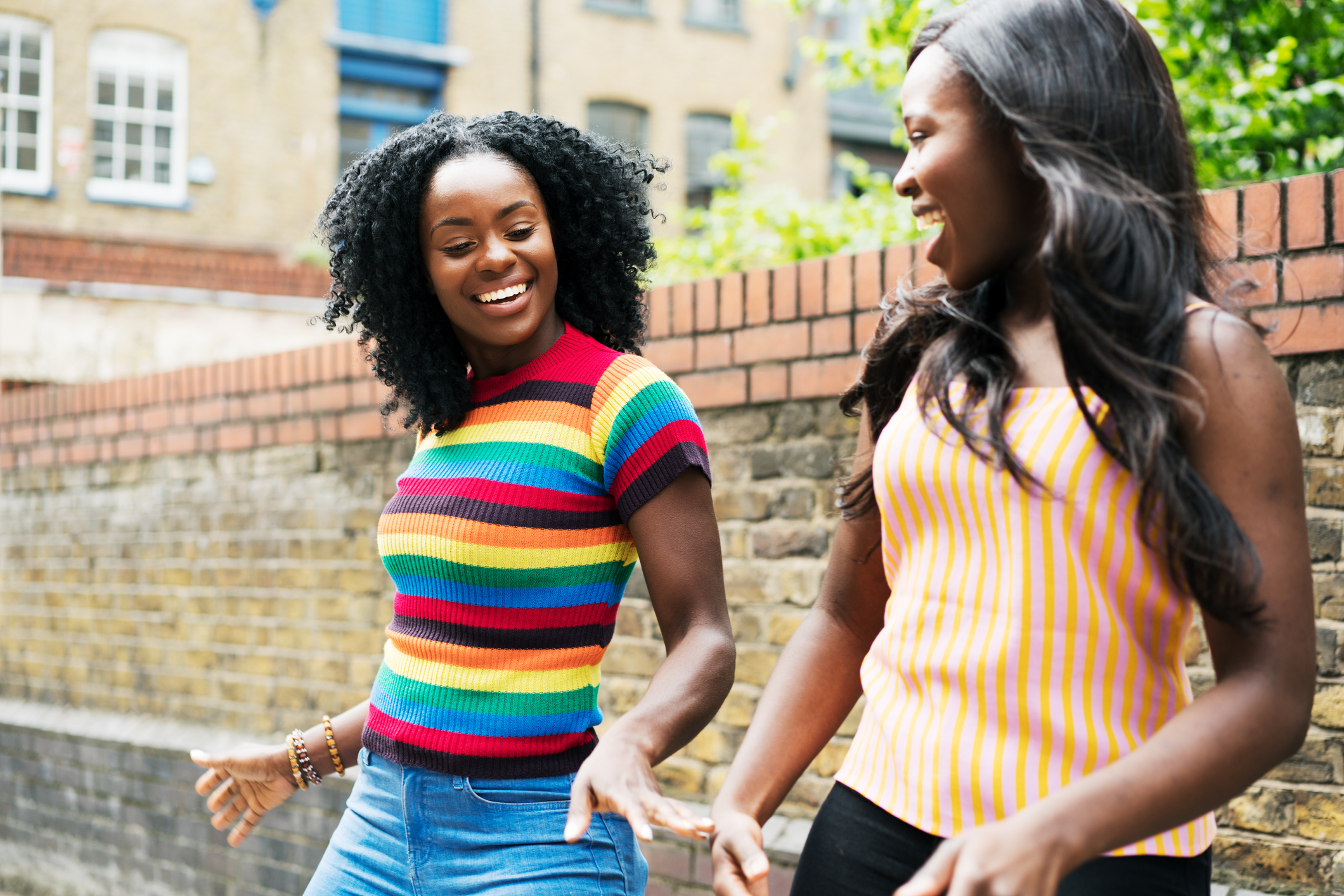Making new friends as an adult is an experience that has proven to be more challenging, especially when it comes to starting conversations.
Mastering the art of small talk is not an easy task. Although casual conversations are the starting points for icebreakers, small talk barely scratches the surface when trying to bond with someone new. The main factor that separates small talk from meaningful conversations is intention. Meaningful conversations dig deeper into the value systems and beliefs of a person. They go beyond the typical ice breakers such as “What do you do for a living” or “Where are you from.” Meaningful conversations target a person’s “why” behind their interests and values different perspectives.
Small talk can often lead to thoughtful discussions, so trying to avoid it is unlikely. However, if small talk is done correctly, it is possible to overcome the discomfort and awkward pauses. According to VeryWell Mind, there are three stages to the informal conversation: icebreaker, rapport, and exit. However, asking more open-ended questions can help make the conversation more meaningful.
Open-ended questions create a space that allows people to explain or go into greater detail with their responses. Instead of receiving close-ended answers like “yes” or “no,” this tactic encourages people to think more critically. Transparency and often vulnerability are the outcomes of asking open-ended questions. As a result, the beginning stages of deepening a connection develops.
While asking the right questions is important, reciprocating vulnerability also leads to building deeper bonds. Sometimes, it can be easier for people to be more open when the other person is also vulnerable during a conversation. This approach helps to gain a person’s trust and cultivate a safe space for open and honest conversations.
Whether the goal is to connect with newfound friends, peers or colleagues, consider asking these questions for a conversation starter.
Conversation Starters About Life and Career
- In what ways do your passions align with your current position or future role you hope to achieve?
- What led you to choose this career path, and how is it different from what you imagined it?
- How would you describe your life’s purpose?
- What is something you would tell your younger self if she were standing in front of you?
- What is something you would tell your future self if she were standing in front of you?
- Who or what is something that motivates you?
- What is something that you’re proud of that you accomplished recently?
- How has life changed for you in the last year?
Conversation Starters About Relationships
- What type of person do you see when you think about an ideal partner?
- How would you describe how you prefer to be loved by friends, family or a partner?
- What is a lesson you learned about romantic relationships from your past experiences?
- What can someone do to make you feel special and loved?
- What is a lesson you learned about platonic relationships from your past experiences?
- How is the person you are now different from the person you desire to become?
- What are your non-negotiables in a friendship or romantic relationship?
- What qualities make you an ideal partner or friend?
Conversation Starters About Childhood
- What type of environment did you grow up in?
- What activity or meal reminds you of being back home?
- Who are the special people in your life that you cherish the most?
- What is your favorite childhood memory?
- How would you describe your childhood?
- What is a family tradition you still follow?
- What quality or trait do you admire the most about your family?
- Who is one family member that you know you can depend on?
